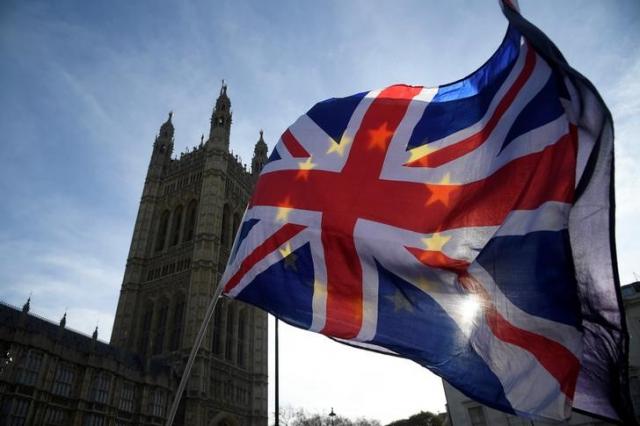The EU’s chief Brexit negotiator, Michel Barnier, is mulling an offer on the satellite project that would put the UK on better terms than other third-party countries over use of the encrypted service, according to diplomatic sources.
The plans, which are still on the drawing board, suggest a bit more flexibility than Barnier’s public position that the UK would be treated like any other non-EU country.
But in a blow to the government, the EU has not budged in its insistence that UK-based firms should be excluded from building modules for the secure signal.
Conceived as the EU’s answer to the US global positioning system (GPS) and Russia’s global navigation and satellite system (Glonass), the €9.7bn (£8.6bn) Galileo project now has 26 satellites orbiting the globe, providing free global positioning to smartphone companies, app developers and search and rescue services anywhere in the world.
At the heart of the Brexit clash is Galileo’s public regulated service (PRS), the encrypted signal that cannot be jammed by hostile powers. The PRS can be used by governments during national emergencies, such as terrorist attacks, and allows the military to plan operations and guide missiles. Barnier has said he wants a partnership with the UK over the “most sensitive signal”, but it now emerges the commission could go a step further.
At a closed-door meeting last month, the commission floated the idea of involving British officials in decision-making over any restrictions on the PRS. “To me this is not heresy, this is the logical consequences of a close partnership on security,” said one source.
Another official said the UK could be offered a guarantee not to be “cut off in any circumstances”, albeit stressing none of the ideas had been agreed among EU member states.
But any suggestion of UK special status may complicate talks with other non-EU nations that have requested access to the PRS signal. The EU opened talks with Norway and the US in 2016, but progress has been slow.
The EU remains adamant that only companies based in the bloc can bid for PRS contracts. It wants to ensure that security clearance for contractors is managed by authorities inside the bloc, subject to EU oversight. EU officials like to remind UK counterparts that the British government signed up to this rule.
The UK was once sceptical about Galileo, which used to be referred to in British official circles using the uncomplimentary term “the common agricultural policy in space”. Having spent £1.2bn on Galileo, the UK wants to ensure access on the same terms after Brexit to prevent British-based space companies moving operations to the continent.
The government has said that UK-based firms must have the right to “compete fairly for PRS-related contracts” and has threatened to walk away from Galileo and build its own satellite system unless this demand is met.
More about:
















































